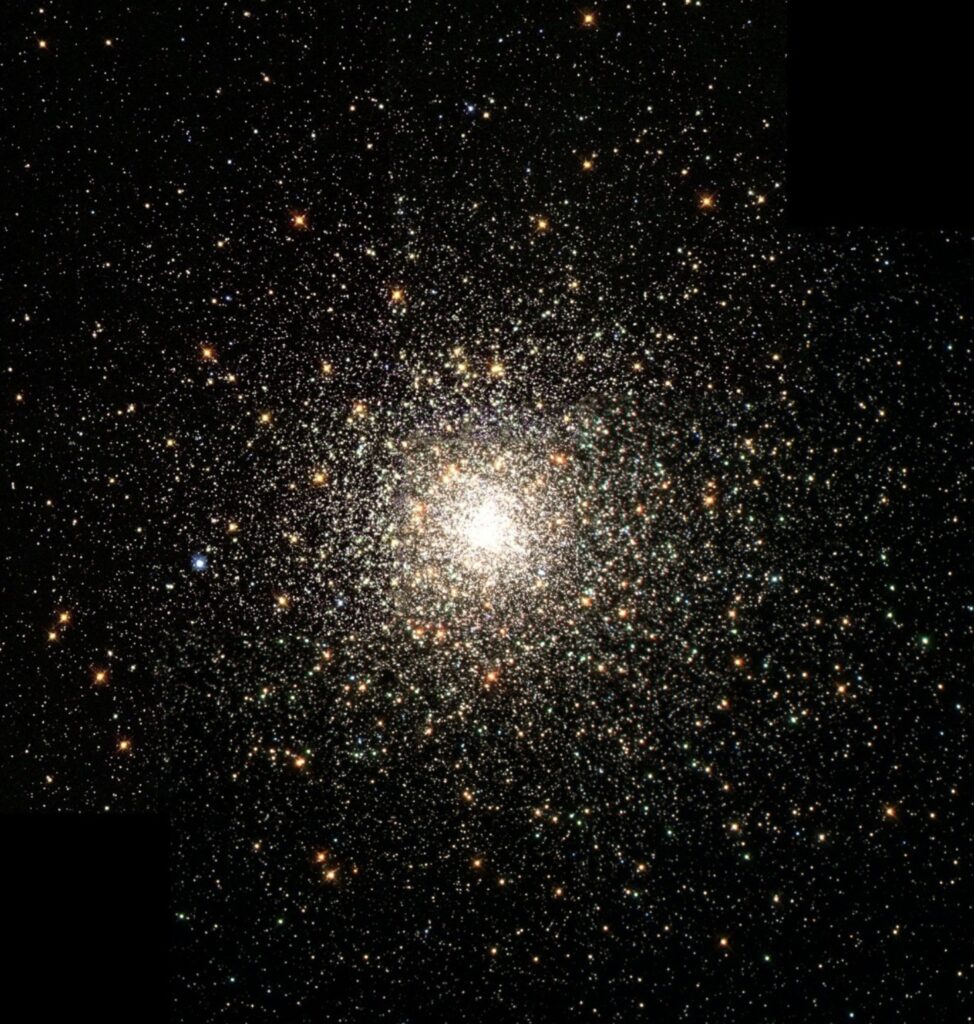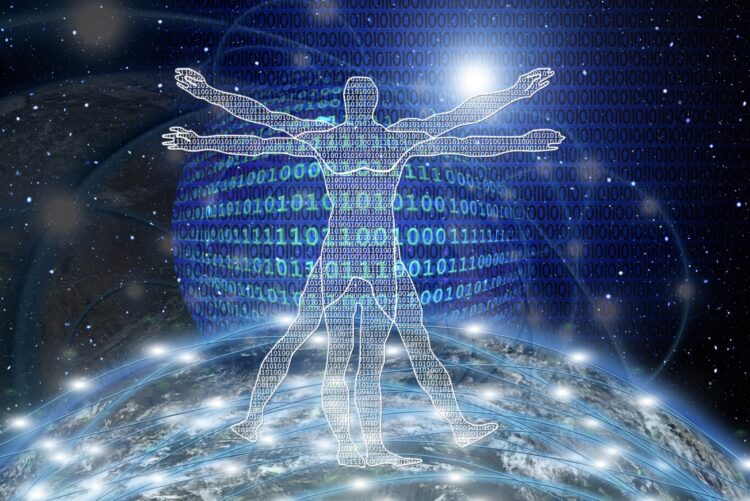At the crossroads of science and philosophy, we encounter questions as ancient as humanity itself: What is reality? Are we alone in the universe? Is the world what it appears to be?
The recent revelations by Dr. Melvin Bobson of the University of Portman regarding the possibility of our reality as a simulation take us to a new level of reflection that borders on metaphysics and challenges our rational thinking.

The proposition that our perception of reality may be a simulation challenges our ontological conception of the world and makes us question our autonomy and free will. The idea that information, rather than particles, constitutes the fabric of the universe urges us to reconsider the narratives we have accepted about the origin and nature of the cosmos.
Furthermore, if entropy can decrease, we are compelled to reconsider the one-way flow of time and our linear conception of history and evolution. This revolutionary law of infodynamics shakes our confidence in science as the ultimate tool to decipher the mysteries of the universe, reaffirming our eternal quest for knowledge and understanding.

The notion of a code governing everything, from biology to cosmology, suggests design and intentionality in the universe, resonating with Plato’s idea of Forms and raising questions about the meaning of “being.”
This concept of a creator transcending time, space, and reality leads us into metaphysical reflections on divinity, creation, and purpose.
The acknowledgment that full understanding requires a revelation “beyond mathematics” is a humble reminder of the limitations of our rational understanding and an invitation to explore the depths of consciousness and intuition.
In this dawn of the infodynamic era, we stand at the abyss of philosophical possibilities, reminding us that there will always be mysteries that challenge, inspire, and marvel the human mind.











